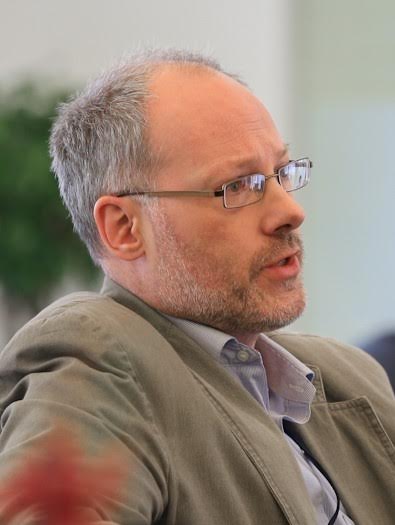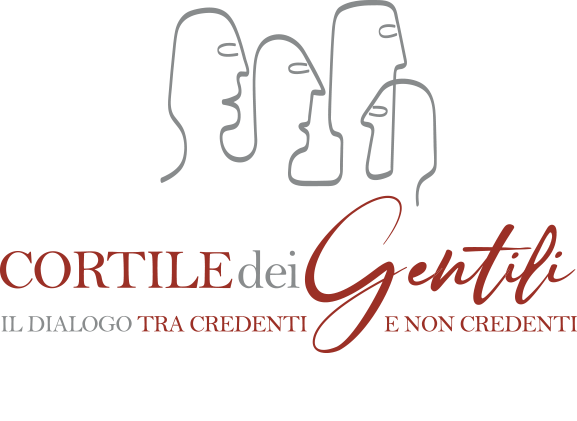
09 Gen Ten Years after Regensburg: Religion, Violence and the Technocratic Paradigm
The special “The Remains of Regensburg” is edited by Gabriele Palasciano. Text by Damian Howard SJ
An intriguing item on Pope Francis’ bookshelf is Lord of the World, a dystopian science-fiction novel by the English priest, Robert Hugh Benson (1871-1914). Written in 1907 as a Catholic riposte to H.G. Wells, the story depicts the future coming of the Anti-Christ, no less, and the end of the world which ensues. Benson’s vision of the future is, in some respects, surprisingly accurate. He predicts air-travel, though he seems to have imagined that it would take place not at 35 000 feet but rather closer to the ground. More significantly, he anticipates a culture in which the majority of right-thinking people have bought into a Weberian secular religion which makes considerable inroads among the Christian faithful; this new ‘faith’, whilst ostensibly installing humanity in God’s place, ends up destroying human beings, by fomenting despair, by enthusiastically supporting a programme of euthanasia, and eventually by bombing to destruction whole cities from the air. Though they should not be overstated, it is not hard to draw parallels with the plight of the world today.
One detail of Benson’s vision strikes the contemporary reader as particularly insightful: the appearance of religiously motivated suicide-bombers. This isn’t quite the miracle of foresight it at first appears. Just thirteen years before the publication of the novel, a French anarchist had tried to blow up the Royal Observatory in Greenwich using explosives strapped to his own body; Joseph Conrad exploited the idea in another book published in 1907, The Secret Agent. What is puzzlingly prescient is that the terrorists in Benson’s books are religious – and Catholics at that. One might have imagined that Benson, zealous apologist for the Church that he was, would have portrayed his Catholic protagonists as determined loves of peace; nowadays one is used to Muslim, Christian and atheist bloggers each laying claim to the title of “least violent worldview”. But Benson, even though his writing is not averse to triumphalism, didn’t care to exonerate his coreligionists from association with terror, so concerned was he with the disintegration of authentic religiosity in the face of the onslaught of the wholesale denial of God.
Pope Francis recommends the novel because it graphically depicts a situation of “ideological colonisation”. This observation needs to be linked to his recent coining of the term “technocratic paradigm” to speak of the ideological colonisation of minds taking place in the real world, for he argues that it is this framing of our existence which lies at the root of the current ecological crisis, not to mention a number of other modern ills. Benson’s vision and the Holy Father’s diagnosis are not identical but they do share an air de famille; they are, after all, variations on an Enlightenment theme.
So what is the technocratic paradigm? […]
